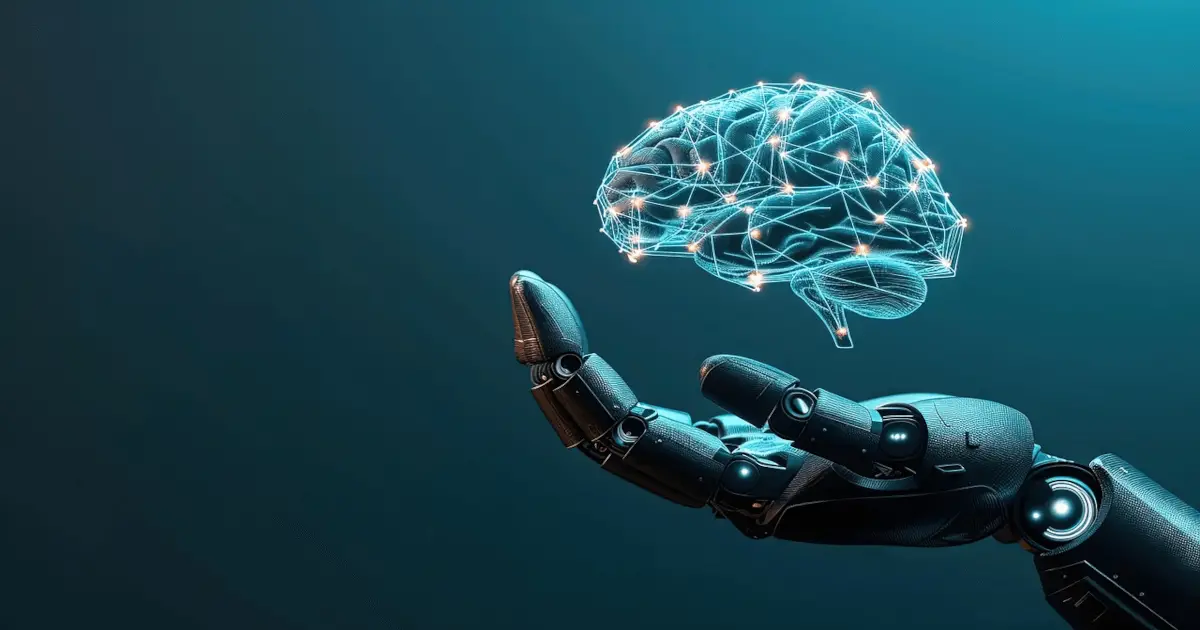
Table of Contents
Introduction
Artificial Intelligence (AI) has revolutionized the way we live, work, and interact with one another. Enhancing productivity and efficiency to transforming industries and healthcare, AI’s impact is undeniable. However, like any technological advancement, AI has both positive and negative effects that warrant exploration.
In this article, we will delve into the “positive effects of AI” and “negative effects of AI” to provide a comprehensive understanding of how this technology shapes our world. From increased productivity and improved healthcare outcomes to concerns about job displacement and ethical implications, AI’s influence is multifaceted and far-reaching.
For individuals of all ages and backgrounds, understanding the implications of AI is crucial in navigating a future where technology plays an increasingly central role in our lives. By examining both the benefits and drawbacks of AI, we can make informed decisions about how to harness its potential for the betterment of society while mitigating potential risks.
Join us on this exploration of the impact of AI, where we uncover the opportunities and challenges presented by this transformative technology.
Positive Effects
AI technology has ushered in a new era of possibilities, offering a myriad of benefits that positively impact various aspects of our lives.
Increased Productivity
One significant advantage is the increased productivity that AI brings to the table. By automating repetitive tasks, AI allows humans to redirect their focus towards more creative and strategic endeavors. This not only enhances efficiency but also fosters innovation in the workplace, ultimately leading to a more dynamic and engaging work environment.
Revolutionized Patient Care
AI has made remarkable strides in the healthcare sector, revolutionizing patient care. Through AI-assisted diagnosis and personalized medicine, healthcare professionals can deliver more accurate and timely treatments, ultimately improving patient outcomes.
Additionally, AI streamlines clinical workflows, reducing administrative burdens and allowing medical staff to dedicate more time to patient care, thus enhancing the overall quality of healthcare services.
Enhanced Interactions Between Businesses and Consumers
In the realm of customer experience, AI has played a pivotal role in enhancing interactions between businesses and consumers. AI-powered chatbots and virtual assistants provide round-the-clock support, ensuring that customer queries are addressed promptly and efficiently. This not only boosts customer satisfaction but also helps businesses build stronger relationships with their clientele, leading to increased loyalty and retention.
Moreover, AI’s impact extends beyond productivity and customer service to the realms of innovation and discovery. AI technologies have facilitated breakthroughs in diverse fields such as astronomy, climate science, and materials research. By analyzing vast amounts of data and identifying complex patterns, AI accelerates the pace of discovery, opening up new frontiers of knowledge and pushing the boundaries of human understanding.
In essence, the positive effects of AI are vast and transformative, offering solutions to challenges across various sectors and paving the way for a more efficient, innovative, and interconnected future.
Negative Effects of AI
Job Displacement
AI, while offering numerous benefits, also presents challenges that must be addressed. One significant negative effect of AI is job displacement. The automation driven by AI technology poses a threat to jobs that involve routine or repetitive tasks, potentially leading to unemployment for many individuals. Moreover, the bias and discrimination inherent in AI systems can perpetuate existing biases if trained on flawed data, resulting in unfair outcomes and exacerbating societal inequalities.
Security Risks
Another concerning aspect is the security risks associated with AI. AI-powered attacks and vulnerabilities can compromise sensitive information and critical infrastructure, posing a significant threat to data privacy and national security. Additionally, over-reliance on AI can lead to a dependence that diminishes human skills and increases screen time, potentially impacting social interactions and cognitive abilities negatively.
Mitigating the Negative Effects of AI
To mitigate these negative effects, a responsible approach to AI development is essential. This involves ensuring that AI systems are designed with ethics, transparency, and accountability in mind to prevent harmful consequences. Education and training programs are also crucial to prepare workers for an AI-driven economy, equipping them with the necessary skills to adapt to technological advancements. Furthermore, a human-centered design approach that prioritizes human values and well-being in AI system development is vital to safeguard against the dehumanizing effects of AI technology.
As we navigate the future of AI, it is imperative to strike a balance between harnessing its potential benefits and mitigating its risks. By embracing responsible AI practices, we can unlock human potential, drive sustainable growth, and improve our quality of life while ensuring that AI enhances, rather than detracts from, the human experience.
Conclusion
AI’s impact on society is undeniable, with both positive and negative effects shaping our world. Understanding the “positive effects of AI” is crucial in harnessing its potential for innovation and progress. AI has revolutionized industries, enhancing efficiency, productivity, and accuracy. From healthcare to transportation, AI has the power to improve outcomes, streamline processes, and even save lives. Moreover, AI technologies like machine learning and natural language processing have opened up new possibilities for personalized experiences and tailored solutions, enriching our daily lives.
On the other hand, acknowledging the “negative effects of AI” is essential to address challenges such as job displacement, bias in algorithms, and security risks. Job displacement due to automation calls for reskilling and upskilling programs to ensure a smooth transition to an AI-driven economy. Addressing bias in AI systems requires ethical considerations and diverse data sets to prevent discriminatory outcomes. Additionally, safeguarding against security risks demands robust cybersecurity measures and vigilant monitoring to protect sensitive information.
In navigating the future of AI, a balanced approach that maximizes the benefits while mitigating the risks is paramount. By fostering responsible AI practices, we can pave the way for a future where AI complements human capabilities, fosters innovation, and contributes to a more inclusive and sustainable society.



